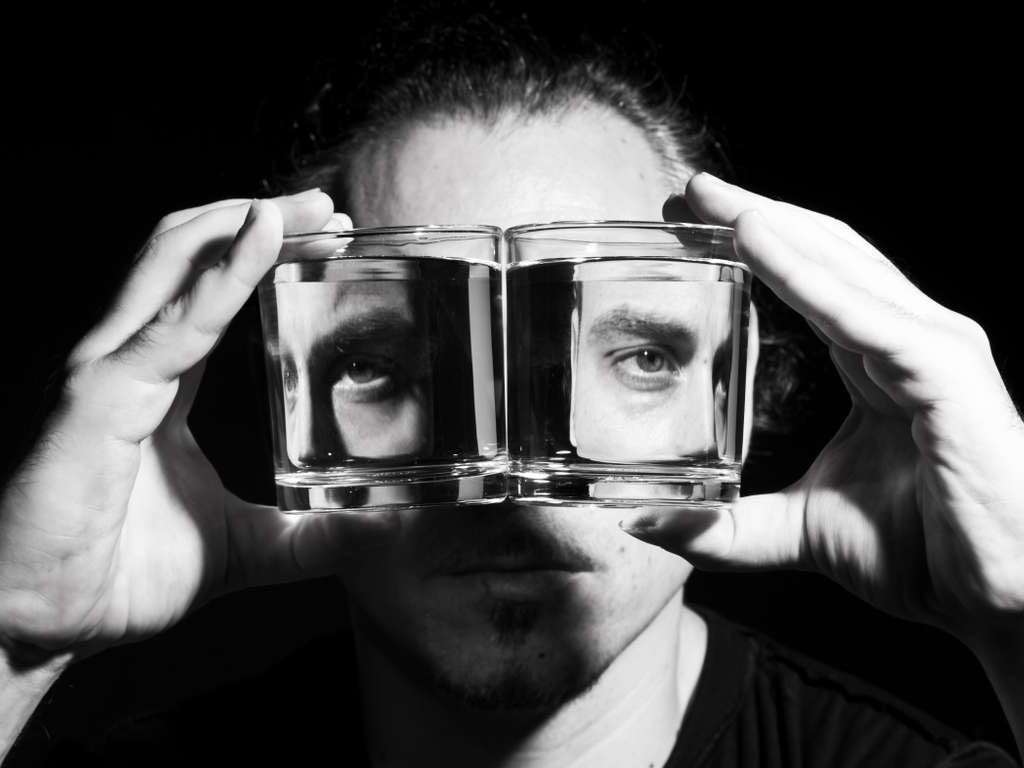What Is Avoidant Personality Disorder?
There are countless different personalities among people. Some people are naturally outgoing and just love to be around others. Others are more reserved and prefer to spend time alone or in small groups. Some people are reserved to the point where it can have a considerable negative impact on their quality of life.
Avoidant personality disorder is a rare condition and it is also not understood particularly well. Regardless, treatment is available that can at least help the patient to manage their conditions better. Here we take a look at what it is, the symptoms it can cause, and what can be done about it.

1. Avoidant Personality Disorder?
The condition is a type of cluster C personality disorder. Patients with the disorder are likely to feel shy and inadequate, making it very difficult for them to be around other people. It can be disruptive to the point where the patient struggles with their professional lives and in their social lives.
The condition is fairly uncommon and affects only around 2 people in every 100. It is also just as likely to affect women just as it is men. There is still a lot about avoidant personality disorder that we don’t know, although we do know it is often linked to other mental disorders.

2. Causes
It is difficult to say what the exact cause of avoidant personality disorder is, but there are some likely contributing factors in most cases. For example, the condition tends to run in the same family, and this means that suggests that it is genetic in a lot of cases. In addition, it might also be down to how the patient was brought up.
People with the condition might have been rejected by their parents at a young age, while it might sometimes have been down to rejection by their peers. It is a condition that tends to develop when the patient is young, and it will carry over into adulthood for some.

3. Low Self-Esteem
Avoidant personality disorder will cause the patient to have a very low self-esteem. They will often feel as though they are inferior in social situations and in professional situations. It can make it very difficult for them to perform at work, and to form and maintain relationships with other people.
It can be very difficult for children in particular as they can struggle to make friends. The patient will also likely have a need to feel liked regardless of their difficulty socializing. They can also find it difficult to assert themselves and they may have difficulties with bullying and teasing when they are young.

4. Exaggerating Problems
We all have problems in life from time to time. Sometimes they can be very serious and, at other times, they are only very minor. Most of the time, the main thing is to deal with the problem so it has less of an impact on your life and hopefully passes with no serious damage done. That is not so easy for a lot of people, however.
Handling problems can be particularly difficult for patients with avoidant personality disorder. The patient is likely to exaggerate the seriousness of the problem, and even minor issues can seem like major concerns to them.

5. Withdrawal
People with avoidant personality disorder can find that they don’t want to be around other people. They would rather remain at home alone where they won’t have to stay around other people. If they live with other people then they might choose to stay in their room alone rather than socialize with others.
Human beings are sociable animals and it is important for individuals to be around other people. Withdrawing from social contact can therefore cause further problems for the patient as it can potentially result in other mental health issues. If you do notice that somebody is withdrawing socially then you should do what you can to help where possible.

6. Fear of Criticism
Receiving criticism can be difficult, but it is also very important. Without criticism, we may be unable to address our own flaws or recognize where we are making mistakes. Taking things on board can help to ensure that we are doing things in the right way, and this can help to make our lives easier overall.
Most of us are able to take fair criticism well, and even use that criticism to our advantage when it’s appropriate. For people with avoidant personality disorder, however, even the fairest of criticism can be extremely difficult to cope with. The patient will also likely have an irrational fear of being rejected, and will have a fear of doing anything in case they embarrass themselves.

7. Diagnosis
As a mental health disorder, avoidant personality disorder will need to be diagnosed by a mental health expert. There may also be a physical check-up, however, to help ensure the patient has no underlying condition that might be contributing to the disorder.
Avoidant personality disorder is often only diagnosed in adults. This is because it is quite common for children to be shy without necessarily having a mental health disorder. The patient will need to meet certain criteria in order to be diagnosed with avoidant personality disorder, and an expert will need to ask them a number of questions about their condition and how it affects them.

8. Related Conditions
As mentioned, avoidant personality disorder is often associated with other mental health conditions. These other conditions can sometimes make the avoidant personality disorder problem worse. Avoidant personality disorder will also make other mental health conditions worse in some cases. One other mental health condition that is commonly associated with the disorder is social anxiety disorder.
Other disorders associated with avoidant personality disorder include borderline personality disorder, and dependent personality disorder. Some patients will also experience agoraphobia, and some will also suffer from depression. Some patients with avoidant personality disorder will also develop addictions to substances such as drugs and alcohol.

9. Therapy
Avoidant personality disorder is often treated with the help of therapy. Therapy is unlikely to stop the patient from being shy, but it will at least be able to help them manage their condition better. It can help them to lead a relatively normal life and allow them to function at work and even have a social life to an extent.
Therapy works by teaching the patient the skills they need to be able to manage the condition. It can teach them to recognize the symptom of the condition better and to avoid behavior that can make it worse. It can help them to understand why they are feeling the way they do, and that their insecurities are not necessarily rational.

10. Medication
As things stand, there is no medication that can help to treat avoidant personality disorder. Medication can, however, help the patient feel more comfortable after having had bad experiences. For example, some anti-depression medication may be able to help the patient cope with rejection better than they otherwise would.
Some patients will also sometimes need medication to help with other mental health conditions that come with the condition, such as depression and anxiety. If the patient does suffer from severe depression, they will need a lot of support, especially if they are experiencing suicidal thoughts. Depression is a potential killer, so it should be taken seriously.











